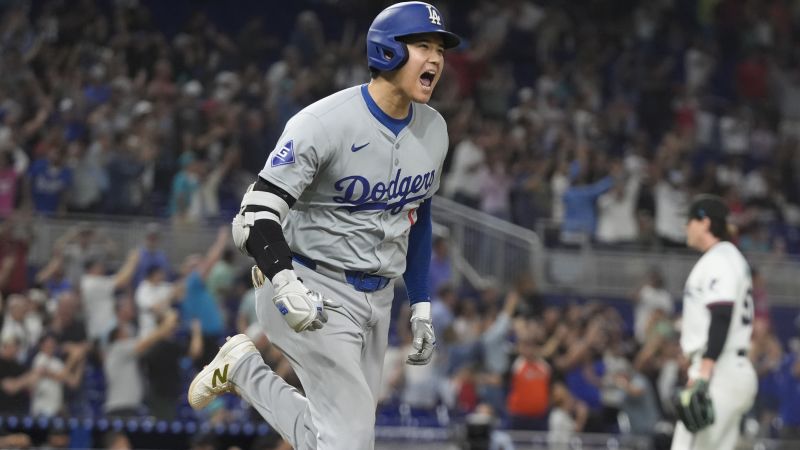ESPN and Major League Baseball are parting ways after their long-standing partnership, with the separation set to occur at the conclusion of the 2025 season. This decision was announced by the league just before the start of the season, marking the end of an era in baseball broadcasting.
The collaboration between ESPN and MLB dates back to 1990 when the network first began airing MLB games. However, the league expressed disappointment with ESPN's recent reduction in baseball coverage. MLB highlighted key factors such as strong viewership, valuable demographics, and exclusive event coverage, like the Home Run Derby, in its statement explaining the decision to end the partnership due to ESPN's demand to reduce rights fees which the league deemed unacceptable.
In response to the separation, ESPN defended its coverage and expressed gratitude for the long-standing relationship with Major League Baseball. The network emphasized how it catered to fans and mentioned its commitment to fiscal responsibility and audience growth across various platforms. ESPN also expressed openness to exploring new ways to engage MLB fans beyond 2025.
Contrary to the initial statement suggesting a mutual agreement, a source familiar with ESPN's negotiations clarified that the network opted out of the contract using an opt-out clause exercised on Thursday, which deviates from MLB Commissioner Rob Manfred's note implying mutual consent to end the relationship.
The decision signifies a significant shift for MLB as the organization now looks to secure new broadcast partnerships potentially involving streaming or traditional cable companies. The prior deal between ESPN and MLB was valued at approximately $550 million per season, making it the league's second-largest national TV rights package, including key events like "Sunday Night Baseball," the opening night game, and the Home Run Derby.
The landscape of sports media rights has shown a trend of increased value for live sports content, with sports programming acting as a consistent ratings draw for cable and broadcast networks. MLB is optimistic about building on its recent successes, such as a boost in live attendance figures and television viewership during the previous season, which has propelled interest from both traditional media entities and streaming services seeking rights to MLB games.
Major League Baseball expressed confidence in its current momentum, pointing to increased attendance, viewership, streaming numbers, international outreach, and overall fan engagement going into the 2025 season. The league highlighted the positive impact of rule changes that have enhanced the pace of play and on-field action, contributing to the growth and excitement surrounding the sport.
Looking ahead, MLB plans to explore new broadcasting opportunities for the 2026 season following the conclusion of ESPN's agreement at the end of 2025. While ESPN remains interested in future collaborations with MLB, the network acknowledges the competitive landscape of summer sports programming and the need to evaluate the cost and value proposition of any potential agreements.
Overall, the decision to end the partnership between ESPN and MLB represents a strategic move by both parties to reassess their broadcasting priorities and seek new opportunities in the evolving media landscape. As MLB prepares to enter a new era of broadcasting, the search for innovative and engaging broadcasting platforms will play a pivotal role in enhancing the fan experience and driving the growth of the sport.



